
Choosing the right binoculars for your needs
When it comes to choosing binoculars, the most crucial aspect is picking the right magnification and features that suit your needs.
Let's start by focusing on magnification. If your main goal is to zoom in on faraway objects, opting for a high magnification is your best bet. However, keep in mind that while higher magnification brings objects closer, it also narrows your field of view, making it trickier to locate your desired object. Additionally, the higher the magnification, the more noticeable any shaking in the image becomes. So, instead of assuming that "the higher, the better," it's important to select a magnification that aligns with your specific purposes.

In general, binoculars with a magnification of 6 to 10x are easier to handle. However, for activities like birdwatching, tracking moving objects, and minimizing shaking, a magnification of 8 to 10x is ideal. On the other hand, if you're into theatergoing, a slightly lower magnification will be easier to use, and don't forget to consider portability as a key factor.
Now, let's talk about the importance of binocular features in enhancing your experience. If you're planning on whale watching, having a waterproof construction is a great advantage. For events like sporting matches, where you need to focus on fast-moving subjects, binoculars that are easy to adjust and focus will be your best companion.
By considering these factors, you can ensure that your binoculars are perfectly tailored to your needs, making your viewing experience more enjoyable and fulfilling.
Magnification
Magnification is a measure of how big things look when you use binoculars. Let's say you have a pair of 10x binoculars. If you look at an object that's 100 meters away, it will appear the same size as if you were looking at it with your naked eye from just 10 meters away. Basically, the higher the magnification, the bigger things appear, but the trade-off is that the field of view becomes narrower.
Effective diameter of objective lens
This refers to the size of the objective lens and tells us how bright the binoculars are. The larger the diameter of the objective lens, the better it is at collecting light, resulting in a brighter view.
Different Types of Binoculars
 When it comes to binoculars, there are a few different types that you should know about. Let's dive into the details and explore the fascinating world of these optical devices.
When it comes to binoculars, there are a few different types that you should know about. Let's dive into the details and explore the fascinating world of these optical devices.
Porro Prism Binoculars
First up, we have the Porro prism binoculars. Porro prisms offer excellent optical properties, resulting in a bright and sharp field of view across various magnifications. Whether you're observing something up close or from a distance, these binoculars won't disappoint.
Roof Prism Binoculars
Next, we have the roof prism binoculars. The name "roof" comes from the German word "Dach," which means roof. These binoculars are designed to be used in a straight line, aligning the eyepiece lens and objective lens optical axis. This design allows for lightweight and compact binoculars, perfect for those who are always on the go.
Mini Porro Binoculars
Last but not least, we have the mini Porro binoculars. These binoculars are a modification of the Porro prism type, but with a twist. The order of the eyepiece and objective lenses is reversed, resulting in a lightweight and compact design. Despite their small size, these binoculars offer superb optical performance and are ideal for every day use.

More things to consider.
There are some other features you need to consider to find your perfect pair of binos.
What environment will you be using your binoculars in?
If you are going to be using them near or on the water then waterproofness is a key factor. There are a number of optics specially designed for Marine use, with additional features such as compasses or range finders.
Are you an avid birdwatcher? Then portability is probably high on your list of features, but also consider the quality of the optics themselves. In britain we have rather inclement weather so while you might not need fully waterproof, fogproof lenses are essential!
If you are looking for a pair for sporting events, the consider a wide field of view, this way you can keep an eye on the whole thing whilst still having the power to zoom in on the action. Also a fast and easy focussing system is essential so you don't miss anything.
 Want to see the stars? Believe it or not you don't need a huge telescope to see the craters on the moon, a good set of Astronomy binoculars will get you there! These type of binoculars are perfect if you are a casual stargazer or are on the move want to travel light.
Want to see the stars? Believe it or not you don't need a huge telescope to see the craters on the moon, a good set of Astronomy binoculars will get you there! These type of binoculars are perfect if you are a casual stargazer or are on the move want to travel light.
In conclusion, whether you're looking at birds, stars, dolphins or who is winning in the cricket we've got the perfect binoculars, tailored just for you, and they're ready and waiting. Now that you're well-informed about them, let's take a look at what we have to offer.
We have new, refurbished and used binoculars in stock.
See them all here

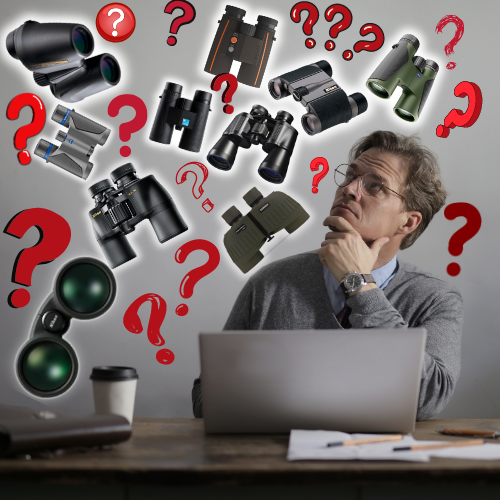

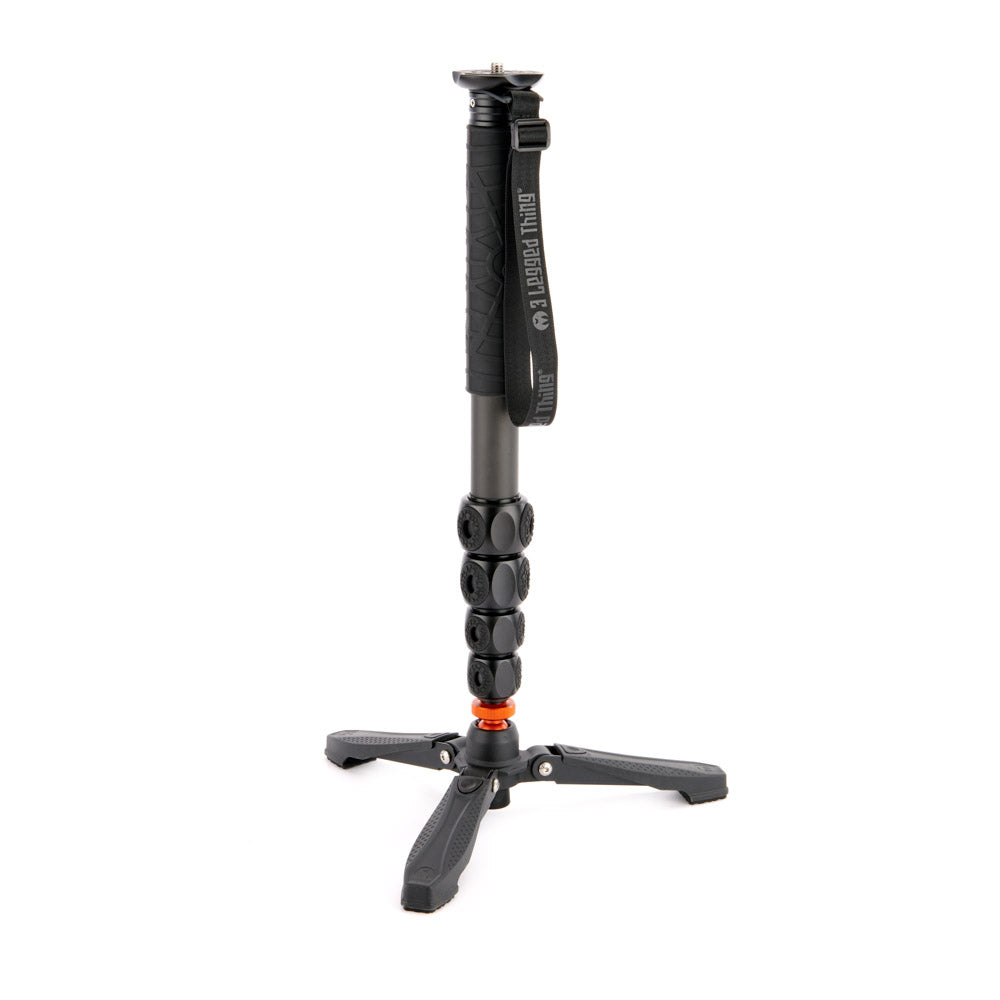
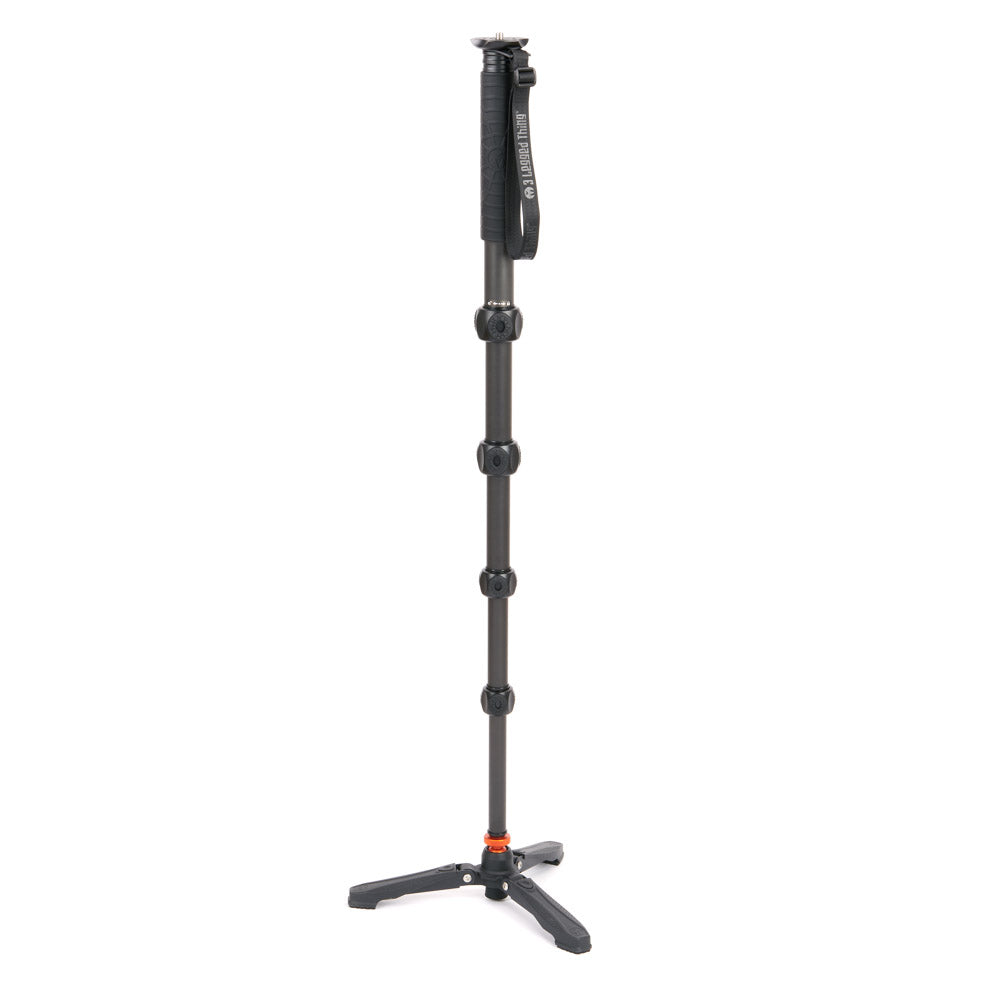
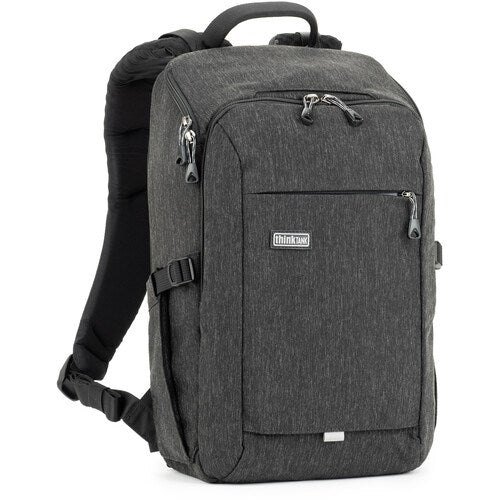
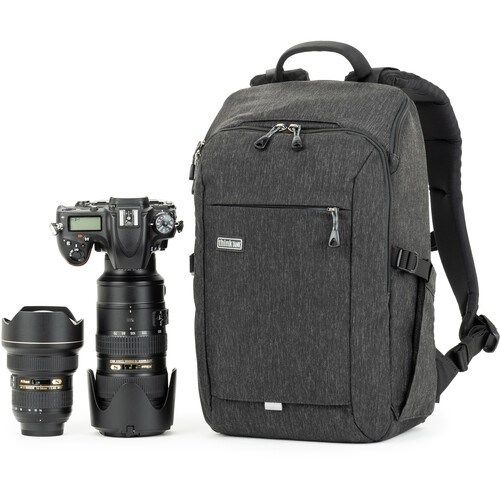



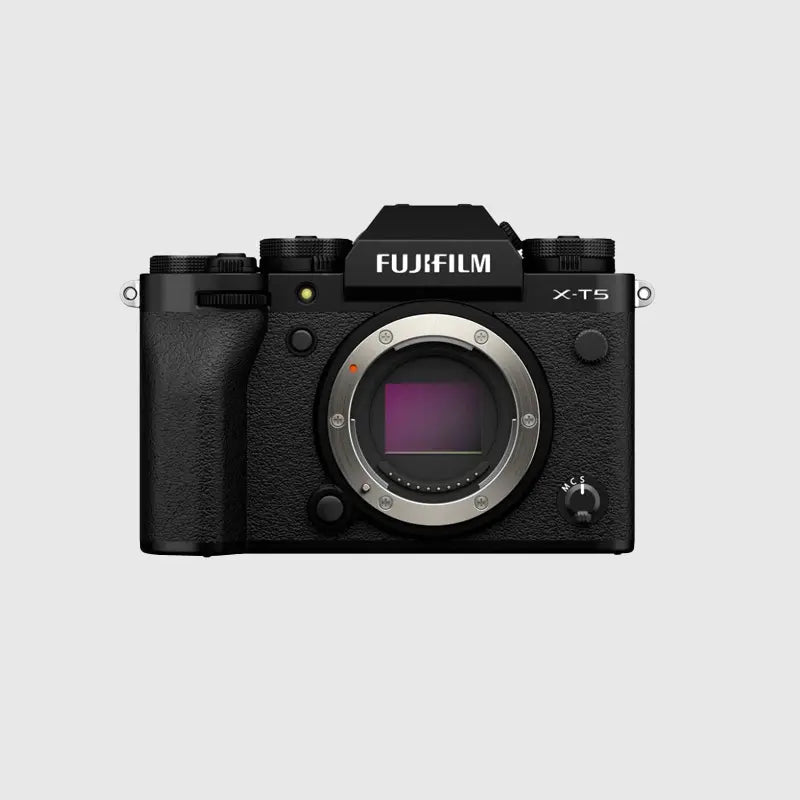
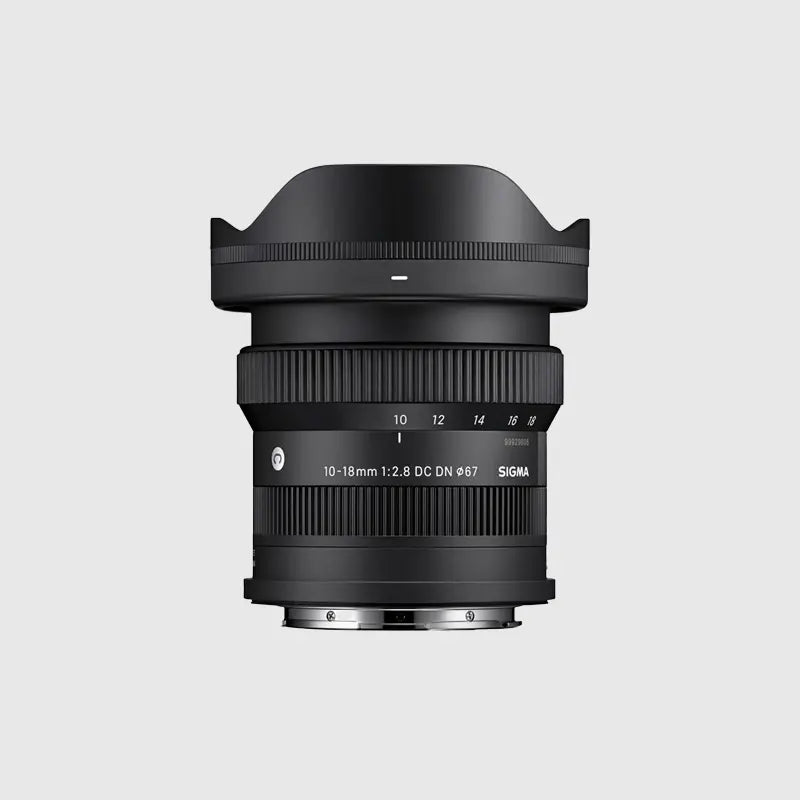
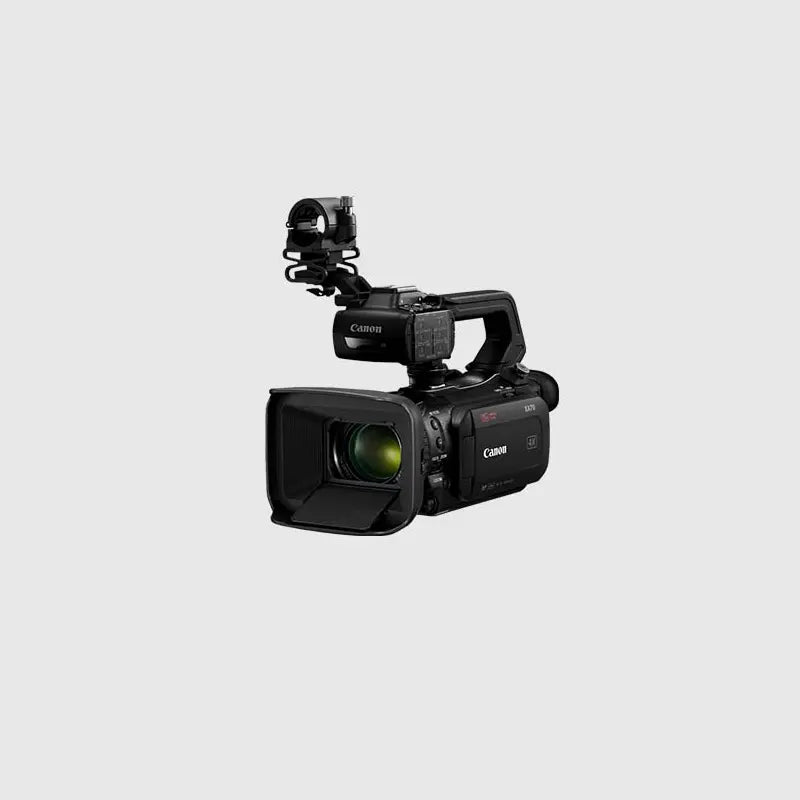
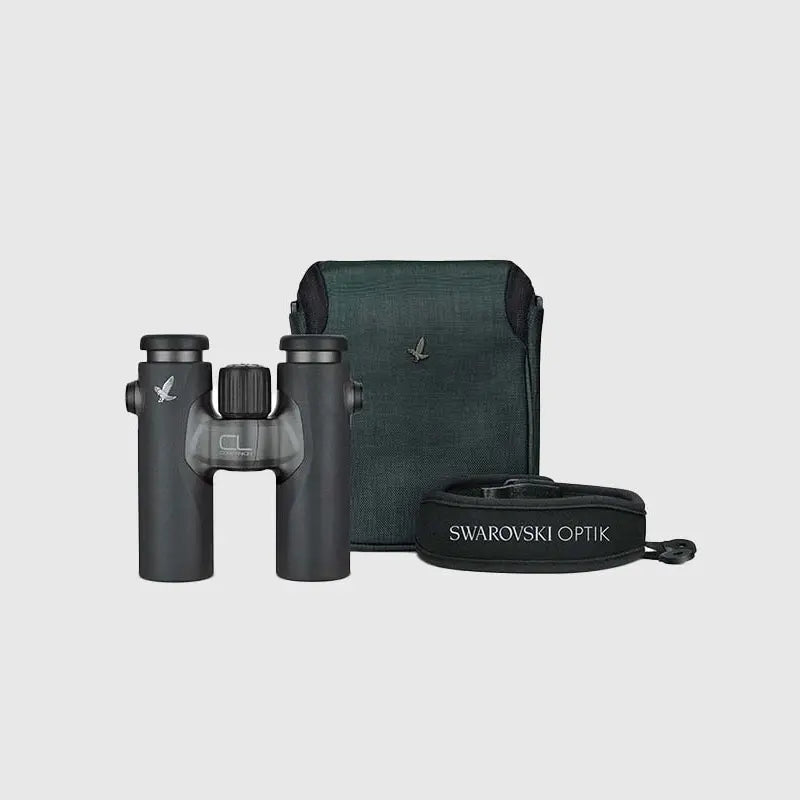
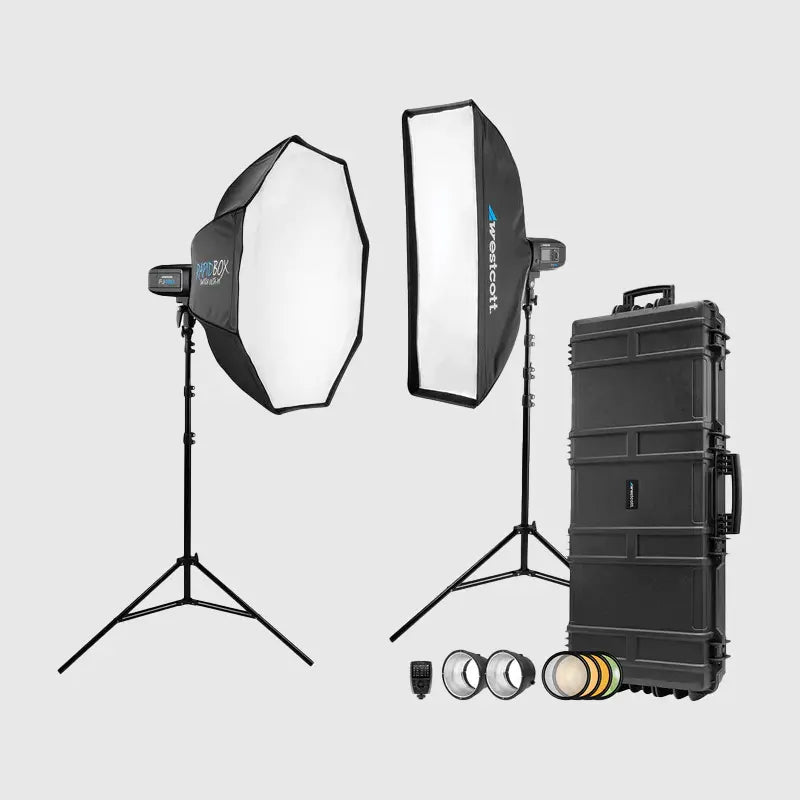
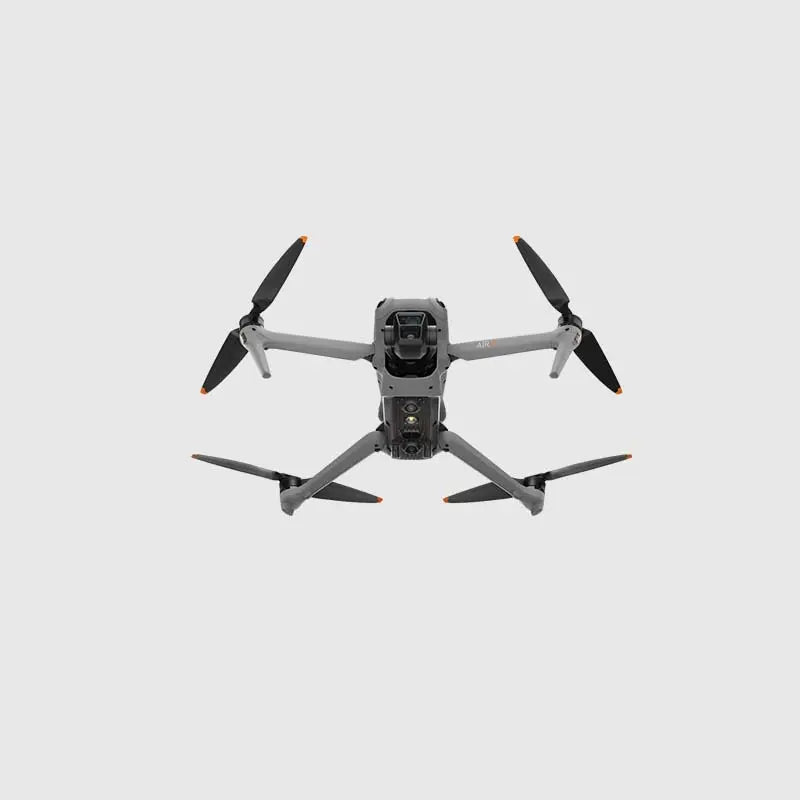
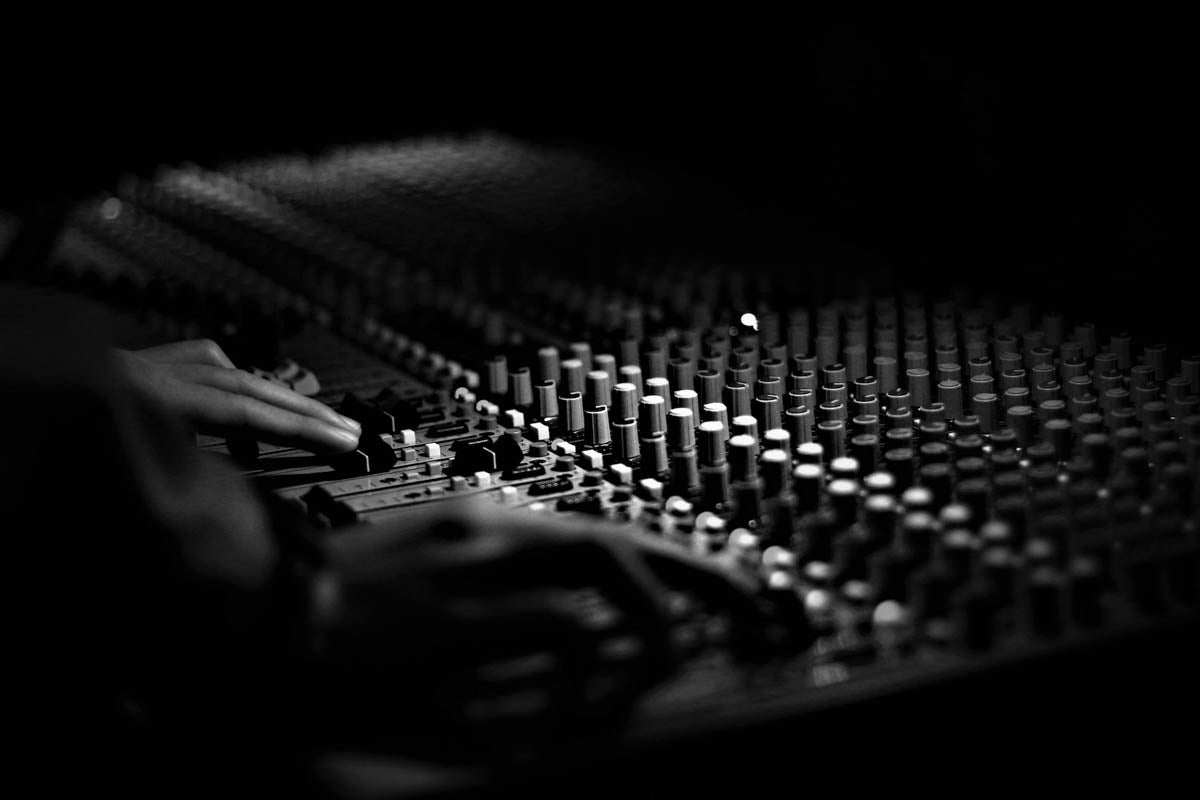

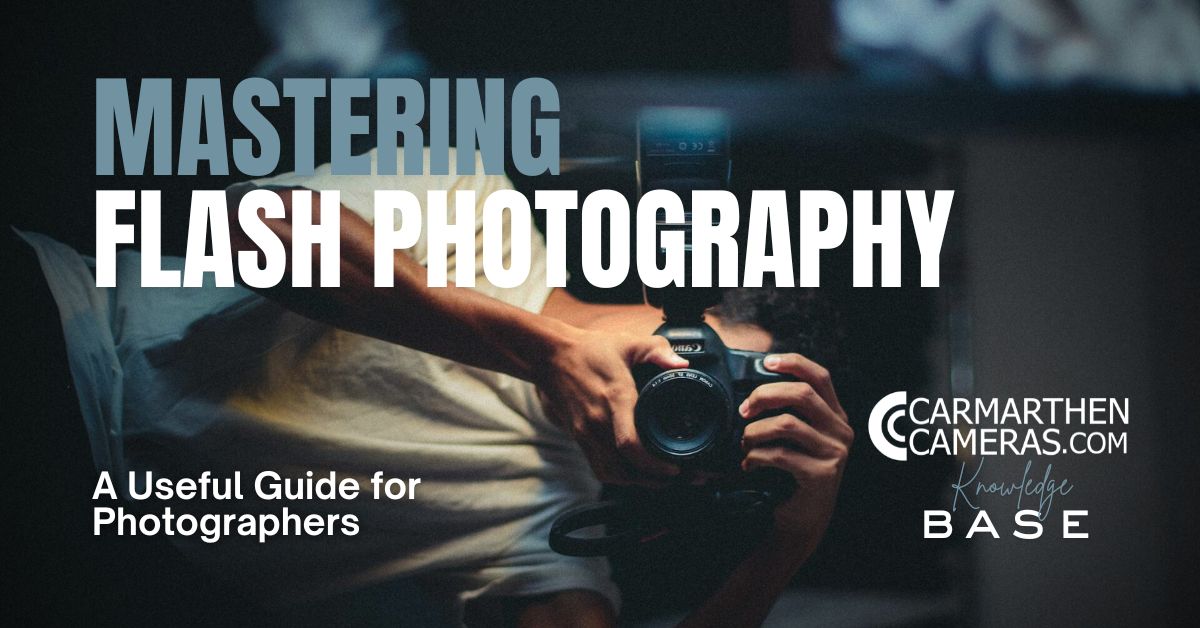
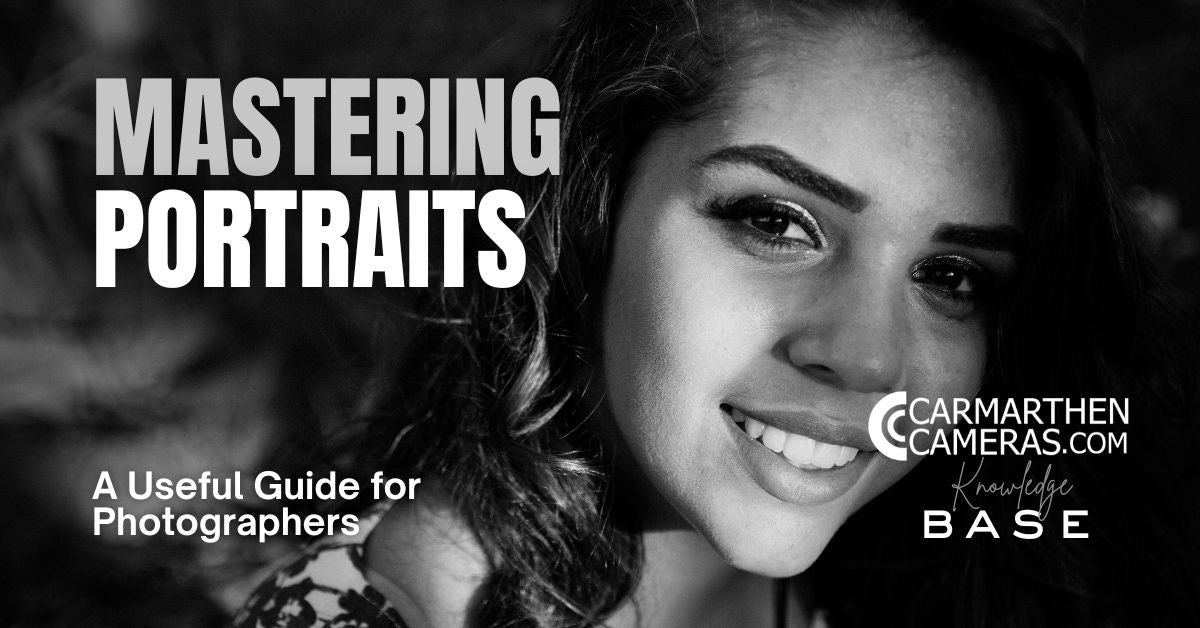


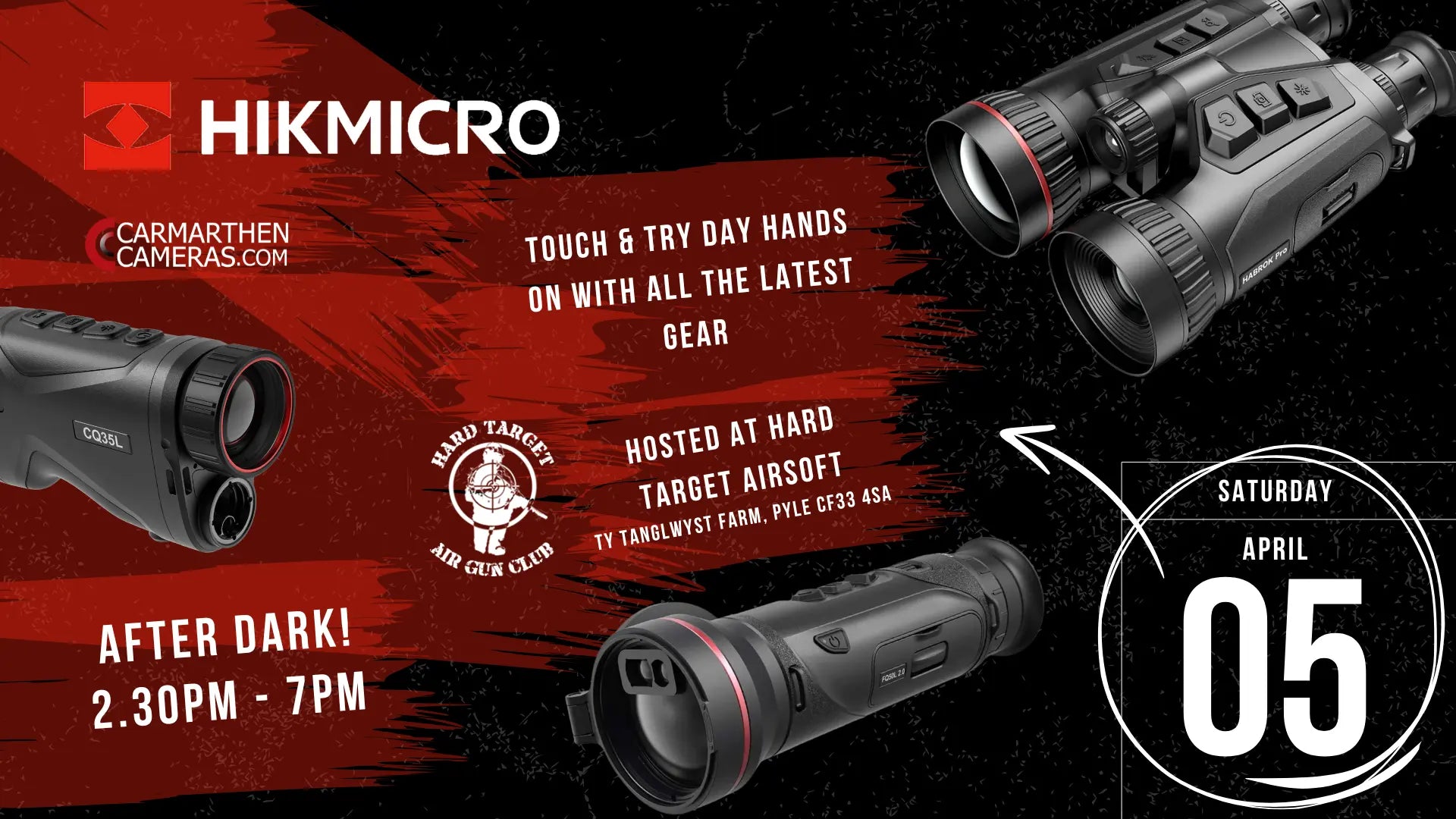


1 comment
Sean
Very informative read, Thanks very much!